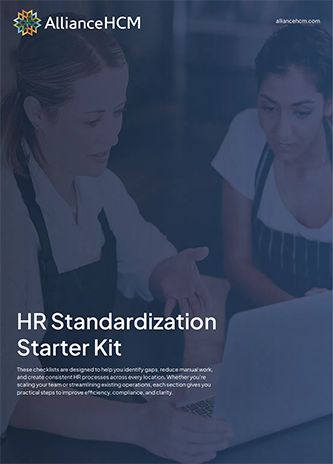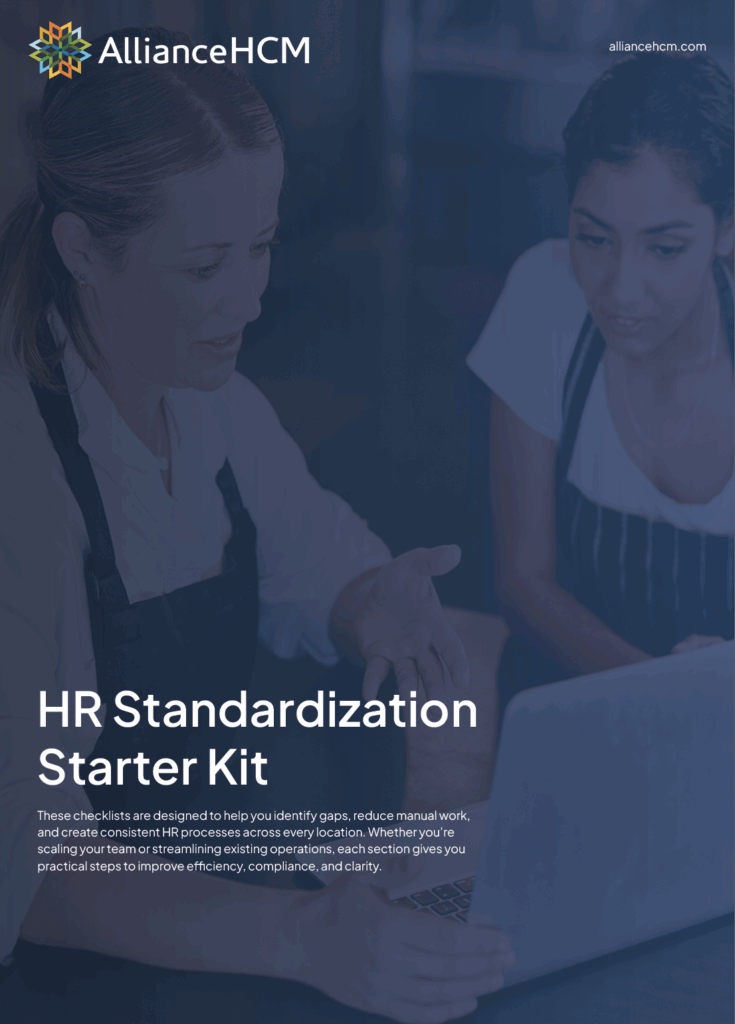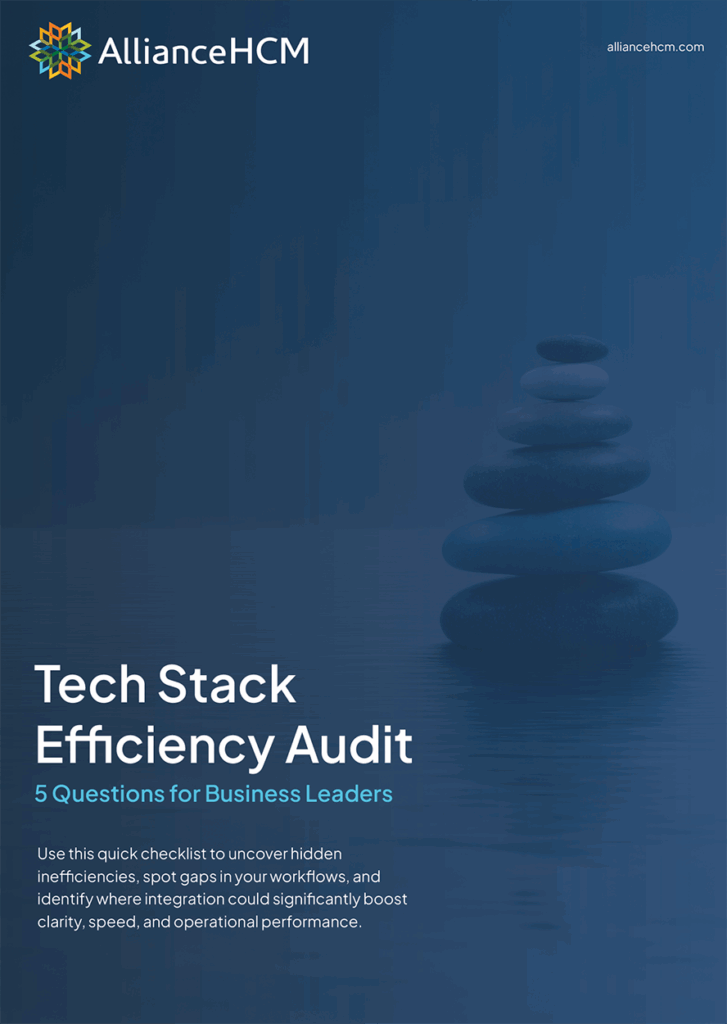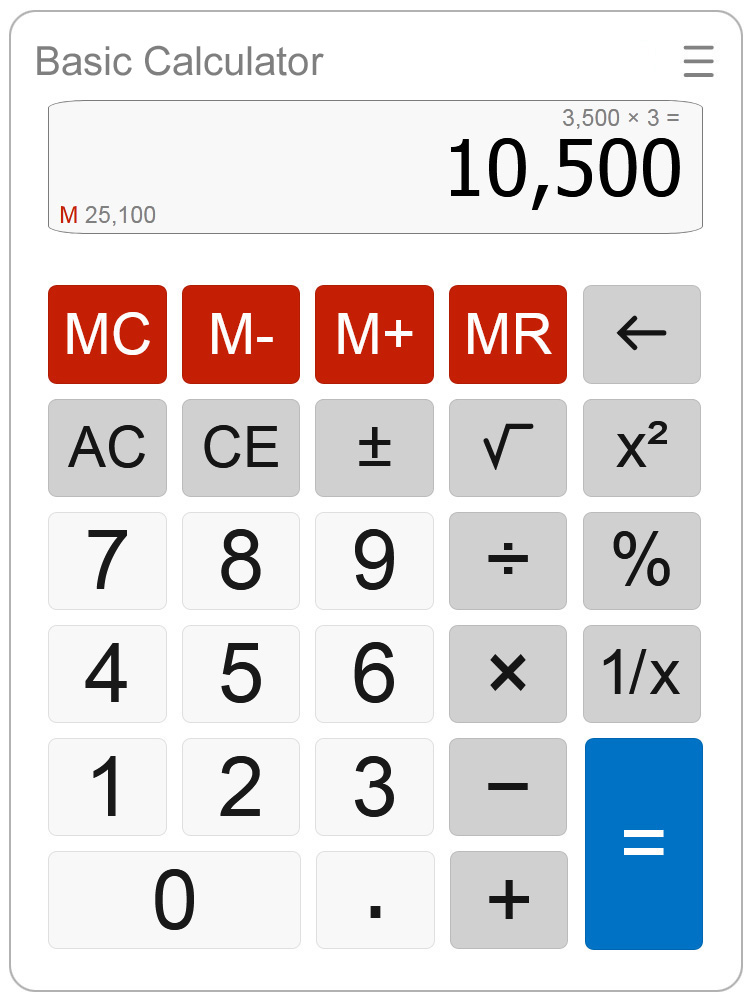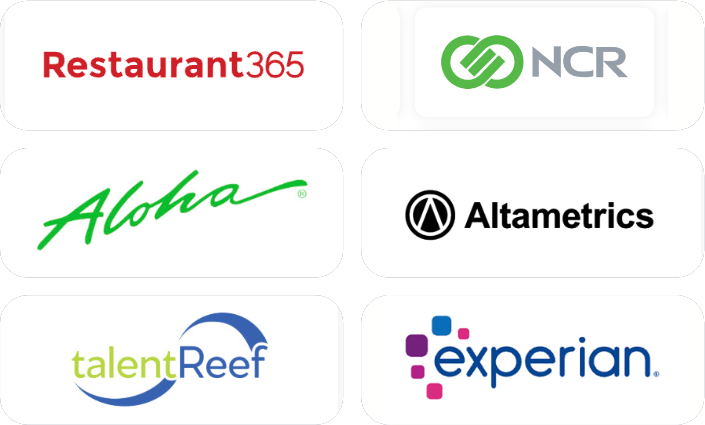In the United States, women accounted for 56.8% of the workforce in 2022. This is a significant number. Though it is true there are still ongoing discrepancies about workplace equality between women and their male counterparts, some significant steps have been taken over the years to level the playing field.
One such step is the PUMP for Nursing Mothers Act. If you are in some sort of decision-making capacity within your organization, you are no stranger to this act. However, this law should not be taken lightly, or merely at face value. The federal PUMP Act is about more than just its text.
But first, let’s break down precisely what the PUMP Act for Nursing Mothers is. And then let’s discuss how it should play a role in your organization.
What is the PUMP Act?
The PUMP Act extends workplace protections for nursing employees. Specifically, it states nursing employees have the right to receive break time to pump. What’s more, this right includes access to a private location as well, as opposed to relying on a bathroom, for example. This location should be shielded from view and free of intrusion from both coworkers and the public.
The law extends these standards to nursing employees for a year after a child’s birth. And break times should be constituted whenever the mother has a need. This allows the mother not only privacy but additional flexibility.
While it seems like such a law should be obvious, it is hardly so. And since the law is new, employers are still adjusting and implementing it. But, to be clear, this is not an optional choice for an employer to make. The law clearly states that this is a right of nursing employees, regardless of the size of the business.
And this brings up an interesting point. It’s increasingly common for business structures to not be “traditional” in the sense of the word. Therefore, how would you implement this law?
For example, what if your organization operates remotely? How do you guarantee your employees have this right when you aren’t responsible for their workspace?
These are excellent questions, and worth discussing further.

Protections for nursing mothers in non-office settings
There are all kinds of remote or traveling professions these days thanks to convenient technologies. In fact, it sometimes feels that the traditional 9-to-5 office setting is becoming a thing of the past. Obviously, there are many employees turning up to an office on a daily basis, but the point still stands.
Restaurant employees, for example, may find it difficult to coordinate a time and place to pump while working a shift. The best way for an employer to support these employees and follow the PUMP Act is by enforcing a reasonable break time for nursing employees and providing a private space to pump.
Overall, the PUMP Act is about protecting a nursing mother’s right to pump. If an employee works from home, the focus shouldn’t be on providing a private location. In this instance, the focus should be on respecting their time and privacy.
For example, a nursing employee might turn their camera off during a meeting. Or perhaps the employee would prefer to reschedule the meeting altogether. One of the biggest factors that this act provides nursing mothers is time. And it is on employers to respect this type of flexibility without question.
Another way that an employer can support nursing employees is to make sure all employees are aware of the act. This doesn’t mean calling out a nursing employee and using them as an example. It means opening the lines of communication about this workplace right.
Initiating dialogues about employee rights within your organization establishes a safe place. Employees have a lot of options when it comes to finding work. And they will stay with an organization that celebrates employee protection. By opening this dialogue with your employees, you can be this organization.
Additionally, you can learn from your employees. As mentioned, the PUMP Act is about more than just the text and description, it’s about workplace protections and specifically, protections for nursing mothers. Therefore, if a nursing employee has a request or an idea for improvement, hear them out.
Communication works both ways. It is important to educate and initiate dialogues with your employees. But it is also important to listen and hear their thoughts or views.
The bottom line is that everyone wants to feel protected when it comes to their life and work. You can play a big role in making sure this is the case.
Learn more
There are all kinds of steps you can take to ensure employee rights in your workplace. And that’s true whether your employees work in the office or remotely. And AllianceHCM can help.
AllianceHCM is the “one-stop shop” for all of your HR needs.
